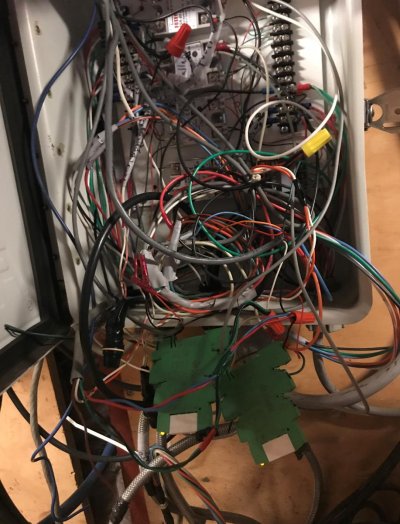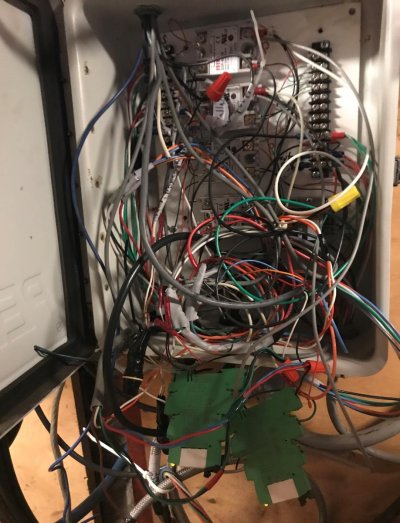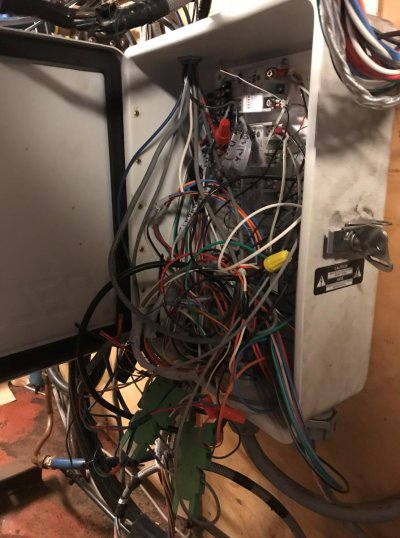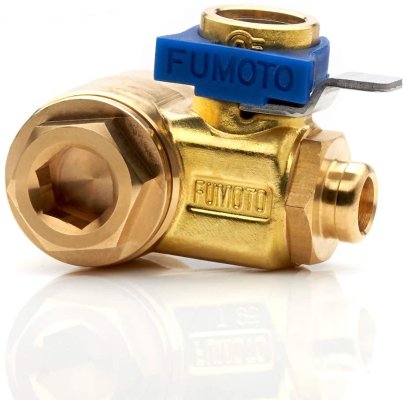rslifkin
Guru
- Joined
- Aug 20, 2019
- Messages
- 8,005
- Location
- Rochester, NY
- Vessel Name
- Hour Glass
- Vessel Make
- Chris Craft 381 Catalina
In all fairness.... a boat evolving from years of DIY work is going to look different than a professionally done refit. Pro work that is just adding part of a system or individual appliance, might look not much different that what was there to begin with.
If that DIY owner took it down to scratch like many pro refits...it might come a lot closer in looks.
A lot is what you start.... with versus starting fresh or with a first rate layout to begin with.
Agreed. Most of the struggles I have with keeping things neat on my own boat relate to either existing equipment or just not being able to exactly duplicate something the original builder did, as I'm adding or changing, not replacing everything. It also doesn't help that I refuse to perpetuate the stupidity the builder used in wire colors (with black as hot, white as ground for 12v stuff, except when it's large stuff like battery cables where they used normal red/black).






